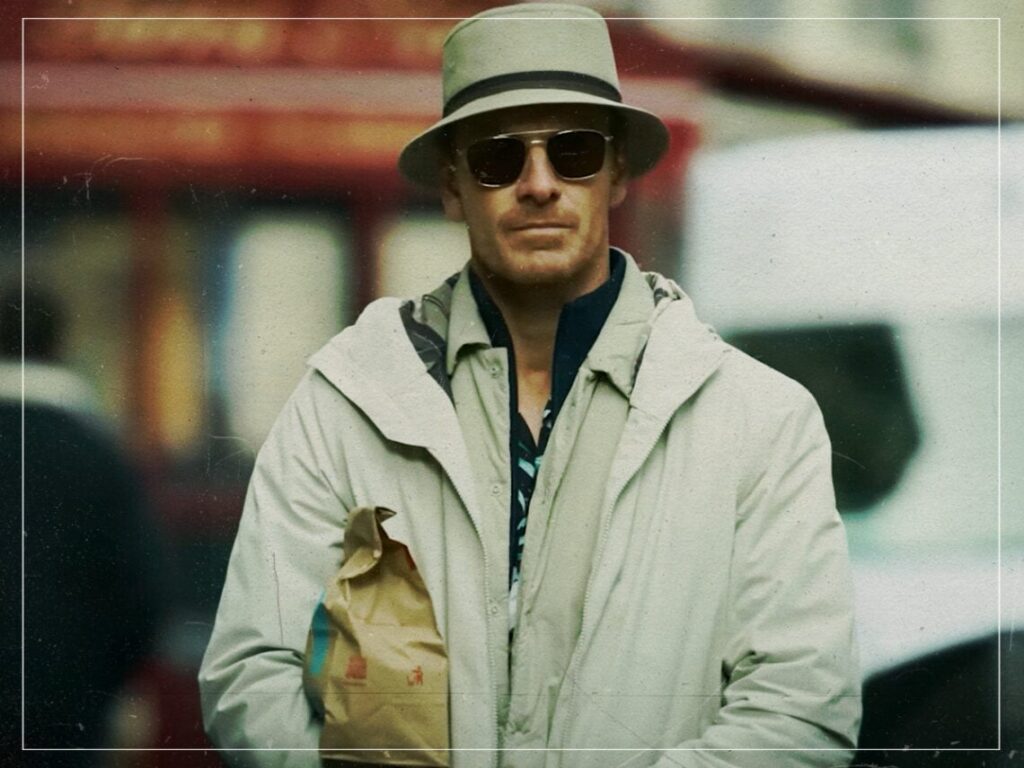David Fincher’s ‘The Killer’ ending explained: Why does he spare Claybourne?
 Posted On
Posted On
(Credits: Far Out / Netflix)
The Killer has been a hit with streamers over the past six months since making its appearance on Netflix after a limited and low-key big-screen release. David Fincher’s stylish crime thriller stars Michael Fassbender as the unnamed title character who kills for a living. He’s on a self-preserving mission to find out who attacked his girlfriend after he botches an attempted hit job.
Along with Nine Inch Nails songwriter Trent Reznor, who provides the movie’s pitch black soundtrack, and Tilda Swinton, who steals the show in a brief but radiant supporting role, Fassbender makes the life of a hired assassination a powerful meditation on the human quest for inner peace by abating outside fears.
When his killer finally misses the target, mortality comes back to bite him, as he is forced to battle assassins of his own sent by his handler. At the end of the film, he goes to the house of a billionaire named Henderson Claybourne, who he also intends to kill.
It turns out that Claybourne is the man who ordered the hitjob that the killer had failed to carry through. Once Claybourne was told about this problem, he was assured by the killer’s handler, Hodges, that “the trail could be scrubbed” if he gave him extra money. He agreed to do so, effectively paying for the Killer to be disposed of so that there would be no record of the assassination attempt he ordered.
The killer has come to reverse the additional service that Claybourne has paid for, having already taken care of Hodges and the others pursuing him. Claybourne is shocked to find an assassin in his home and, at first, struggles to understand what he’s doing there.
So why doesn’t he kill him?
Fearing for his life, Claybourne makes it clear to the killer, “We have no problem. I harbour no ill will about anything that may have happened or not happened.” As we have seen throughout the film, this pleading justification for avoiding assassination should have no effect on the killer carrying out his intention. That is, doing his job and killing his target.
But Claybourne reiterates, “I have no issue with you. As far as I’m concerned, we’re good.” At that point, the Killer realises something profound.
Despite his black assassin outfit, his gun fitted with a silencer, and his sudden appearance in the middle of the night at Claybourne’s house, Claybourne genuinely had no idea who he was or why he was there until several minutes into their conversation. Claybourne felt entirely secure in his own home, despite his status as a billionaire and his building’s relative lack of security.
As the killer reflects after leaving Claybourne without killing him, “The need to feel secure. It’s a slippery slope.” People would hire him to kill others just to feel secure. Claybourne and Hodges would pay extra to scrub the trail of a botched assassination for the same reason. Yet despite these things, Claybourne was still vulnerable to assassination himself, and he didn’t seem to mind.
This realisation convinces the Killer to give up on his personal mission to scrub his own trail and return to his ailing girlfriend in the Dominican Republic. He reminds himself, “The only life path, the one behind you.” What’s done is done, and he’s resolved to spend “the brief time we’re all given” enjoying life in the present. For now.
[embedded content]


